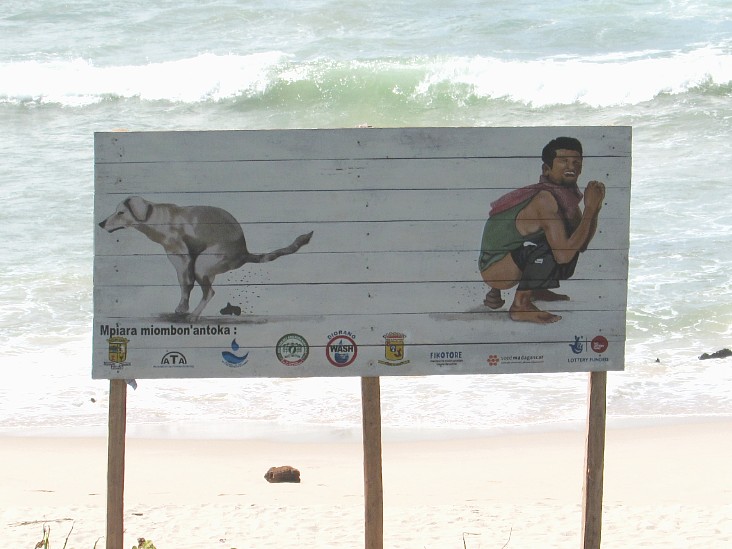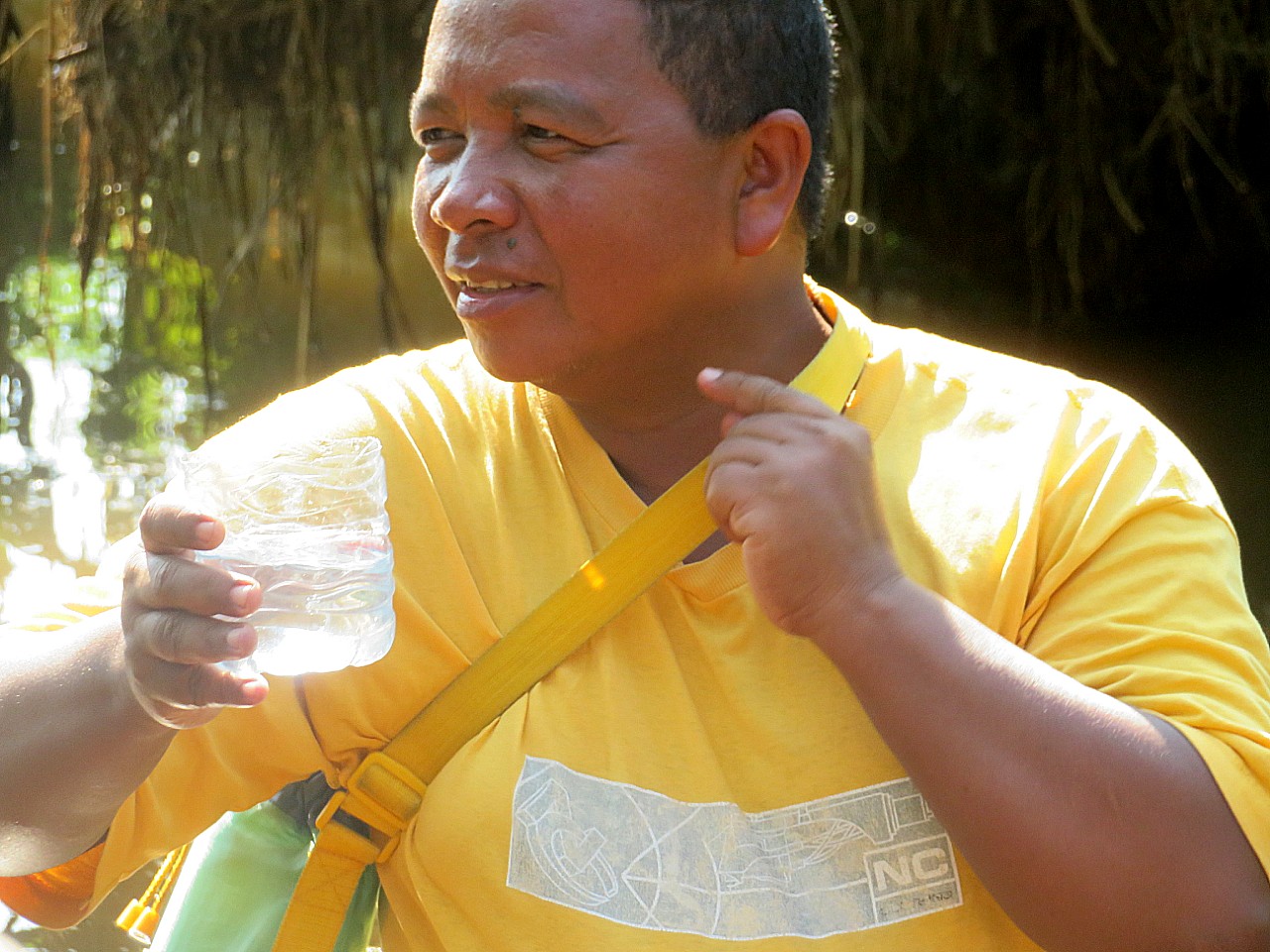Photo: SEED Madagascar
Education is a right. Every single child should have access to quality education and learning opportunities. Education enables people to escape poverty and move toward a better future. With 262 million school-aged children out of school, global access to education is more crucial than ever. But this won´t be achieved without working towards water, sanitation and hygiene (WASH) access for all in parallel. After all, how can a constantly thirsty child keep their mind on classes? When students feel terrified of going to the toilet, how can they continue attending school?
WASH in education has been recognised at the global level, acting as an essential building block for two of the 15 Sustainable Development Goals (SDGs):
- Goal 6: Ensure availability and sustainable management of water and sanitation for all
- Goal 4: Ensure inclusive and equitable quality education and promote lifelong learning opportunities for all
At present we are far from achieving these goals, with nearly 570 million children worldwide lacking basic drinking water services at their school. This compromises their attention, memory and general cognitive performance due to dehydration. Figures regarding the other aspects of WASH are no better. 620 million children are deprived of basic sanitation services at their school, while nearly 900 million still require basic hygiene services. The absence of these facilities affects children´s health and their chances of finishing school. The challenge is massively greater for girls, who in most cases neither have single-sex toilets nor water and soap available for managing their period with confidence and dignity.
Sanitation in Madagascar is considerably worse as the country is the third poorest country for sanitation. Over 1.7 million children across the island do not attend primary school and only three out of every 10 children that commence primary school complete their education. One in five schools in Madagascar provide water for students and 1 in 3 primary schools don’t have toilets. The combination of inadequate WASH facilities, poor hygiene education and the absence of any institutional support for schools results in poor WASH knowledge, attitudes and practices from an early age. However, things are changing in southeast Madagascar.
“I used to go to the beach to openly defecate but when I started triggering the community as part of my role as WASH Officer at SEED Madagascar, I stopped openly defecating and built my own latrine. Now my community calls me Chef Tay (literally “Chief of Shit”) and I feel very proud of this.”
Andrianarivelo Zafindrazana Charlier (Nary)
WASH Officer at SEED Madagascar

Since 2000, SEED Madagascar has been developing programmes to address the pressing needs of the most vulnerable in southeast Madagascar. In Malagasy culture, discussions around open defecation and menstruation are often considered fady (taboo). To overcome this, SEED use Community Led Total Sanitation (CLTS) ‘shock’ tactics to trigger communities to motivate and bring about behaviour change. One of the most dramatic examples of this was the use of a billboard comparing a man openly defecating next to a dog. In a country where dogs are traditionally seen as highly fady, this imagery created town-wide discussions about sanitation. Evaluation however proved that it was a remarkably effective technique to stop people from defecating in that area.
As well as targeting the wider community, SEED also concentrated on the 17 public schools to develop and implement sanitation action plans. These plans assigned responsibilities for keeping latrines clean and ensured that soap and water was available for handwashing. 11 schools were also provided with new or refurbished latrines that benefitted over 7,000 students. In the final year alone, 12 partner primary schools received a total of 141 WASH educational sessions on latrine use, maintenance and hand washing.

In early 2019, SEED piloted an innovative approach to encourage good WASH behaviours amongst students at a local primary school in the form of nudges. Nudges are subconscious guides to encourage students to wash their hands with soap after using latrines. Brightly coloured footprints leading from latrines to the handwashing station aim to complement education classes to turn small and achievable actions into long term desired behaviour change. Menstrual hygiene management facilities in future school construction programmes will enable girls to have a private, dignified place to clean themselves and soiled clothing or sanitary pads whilst at school. This means more time in class and less inequality in education at an early age.
The future generation must be empowered in their right to WASH, acting as agents of change inside their families and communities in order to raise awareness and address social taboos and stigmas, especially those that lead to discrimination against girls. As such, schools act as the perfect environment to not only create good WASH habits but also foster a more equal society, which will be carried through generations and change behaviours for the long term. When students are free from thirst and able to utilise safe, dignified sanitation facilities, they can fully enjoy their right to education, giving them the platform from which to thrive.
This blog was written in partnership with SEED Madagascar for the Water Action Month campaign as part of its weekly themes series, focusing on WASH and education.